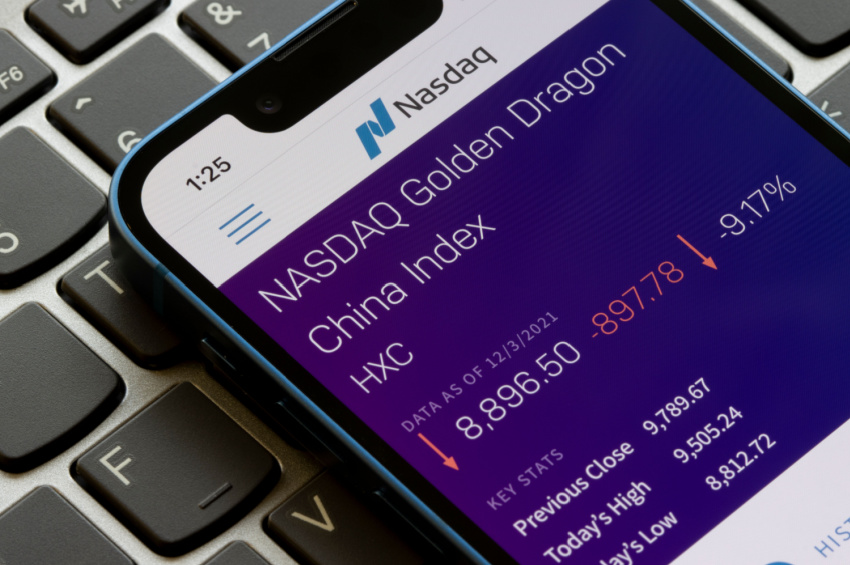A stock is said to be delisted when it is removed from a major stock exchange like the New York Stock Exchange (NYSE) or the Nasdaq. Delisting in Nasdaq happens if the company doesn’t follow the exchange’s rules, for example, by not complying with regulations or not paying listing fees. If a company is warned by an exchange for compliance and doesn’t fix the problem, it may be delisted and traded “over the counter” (OTC) through a dealer network.
When Does Delisting Happen?
A company can choose to delist its stock to reach a strategic goal, but I think more often companies delist because its stock no longer meets the minimum requirements. Long-term stock prices below $1 can lead to delisting.
There are two reasons a company might choose to delist: voluntarily or involuntarily. Willingly, the company decides that being on the stock market is no longer financially beneficial. For example, they may feel the costs of following the rules outweigh the benefits of being listed. Buyout buyers, usually companies, can buy the company’s stock and take it private.
This speeds up big decisions because there is less input from shareholders and the board. When a company is involuntarily delisted, it means the company is forced to delist because it can’t meet listing requirements anymore. For example, their share price might fall too low, or they might not make enough profit. An unauthorized delisting is when a stock exchange removes a company for not meeting regulatory requirements. , market cap or filing required documents are violations.
What Are The Various Listing & Delisting Criteria?
Here are some requirements a company must meet for its stock to be listed on the Nasdaq exchange. If a company fails to meet these requirements, its stock may be delisted from the exchange.
When a company goes private or joins another public company, it can self-delist. This means the company moves its stock to a different exchange or goes out of business. If it goes out of business, it could sell its assets and give the money to its shareholders.
It is essential for shareholders to carefully examine stock taken from an exchange because it could mean the company has money problems and may soon go bankrupt. If a company is delisted from the exchange, it may be delisted from the OTC. Shareholders will still buy and trade the stock, but the market will likely be less liquid.
Also Read: MonetaGo On The Driver’s Seat at Singapore’s Trade Finance Registry
What Can You Do If You hold Delisted Shares?
If you own shares of a company that may be delisted, I suggest you sell your stock/s immediately. Involuntary delisting and the delisting itself lowers a company’s value. If the company fails, you could lose everything. When a stock is taken off the market because of a merger or because the company goes private, you have a short time to sell your shares before they are turned into cash or delisted for the acquiring company’s stock at a set price.
If you own shares in a company that is no longer public, you may have to sell them through a private equity firm. Private equity firms buy shares in other companies to restructure them and make them more profitable. This usually means the company will be removed from the stock market and become private. Shareholders may be given warrants, bonds, or preferred shares as part of the deal.
Nasdaq can return a stock taken from the market, but it is rare. A delisted company must fix the problem that caused it to be delisted and meet exchange standards to relist. More often than relisting, a delisted company goes bankrupt, making the delisted stock worthless. The company could be bought out of bankruptcy by a private owner or forced to shut down.
The company could also change its structure and go public through an initial public offering (IPO), where it gives new shares to new shareholders. Original shareholders usually lose everything when a company goes bankrupt, even though the company stays the same.
Bottomline
Delisting a stock from the exchange means it becomes private and restructured or trades over the counter. This can happen voluntarily or involuntarily. In order to gain a better understanding of stock market mechanics, it is helpful to understand how companies delist their stocks, but investors should avoid stocks on delisting lists since they run the risk of losing everything if a company goes bankrupt.
Trade finance advice provides insights into trade finance organizations. Visit to learn more about trade finance advisory.



